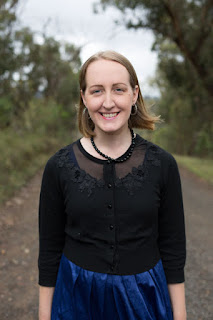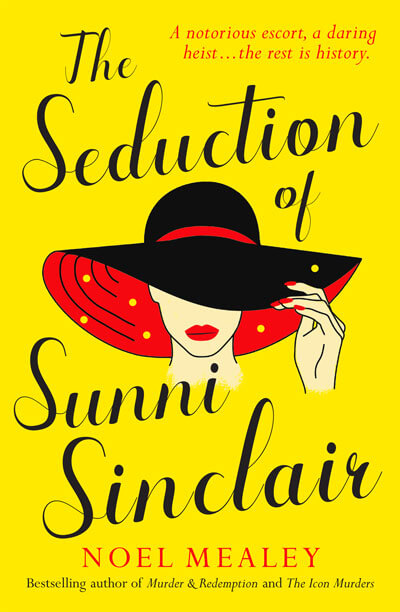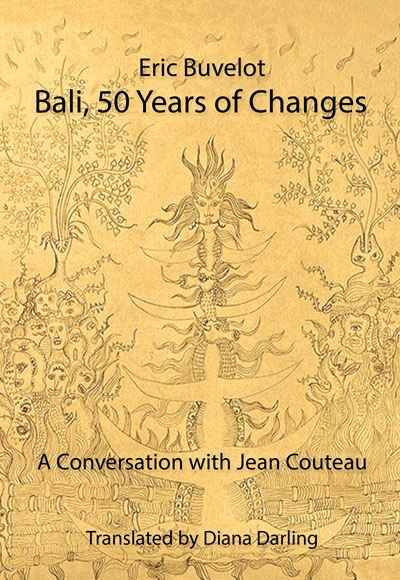An exquisitely detailed portrayal of settlement Australia in the 1800s, Black McIntosh to Gold spans a century as it traces a family’s migration from a fishing village in the far north of Scotland to the goldfields of New South Wales. One after another, members of the McIntosh clan are called to make the journey into unknown territory where dreams of happy families, workable land and perhaps even gold await.
Steeped in research and laced with the magic of folklore and the mystery of The Sight, a gift – or perhaps, curse – of visions passed along the generations, Black McIntosh to Gold is a fully ripened cultural experience of the ancestors.
This elegant and dramatic history offers a clear window into the birth of Australia. It gives voice to the country’s founders, to determined men, women and children who came to Australia hoping for opportunity and a better life.
Sample
Chapter 2
The Sight
Elspet McIntosh had “The Sight” (more correctly called “The Two Sights”) and those who have it can see both the present and the future at the same time. When the villagers asked her if the Lady McNaughton would reach New South Wales safely, she hadn’t been able to reassure anyone. So far, The Sight had told her nothing. She wondered if a vision would appear as their boat passed Chanonry Point.
She was always a little uncertain of her gift. In fact, some called it a curse. She remembered the story of the Seer of Brahan who dreamed the laird would be unfaithful to his wife. When he told that good lady what was going to happen, the seer was boiled in oil in a spiked barrel for his trouble. Of course all that happened a long time ago.
But that awful death had occurred at Chanonry Point. There in the daylight, as the cormorants dive, the shags soar and the dolphins play, no one need remember the seer’s agony. By night though, it is a dreadful place. When the clouds cover moon and stars, and the wind howls, then the spirit of the seer is abroad, wandering in its state of eternal pain.
This night, Hugh rowed without moon or stars. Their boat pushed through filmy blackness and Elspet searched the sky in vain for a chink of moonlight. She could barely make out the shapes of her children huddled together in the bottom of the boat. She listened to the rhythm of the oars splashing into the dark water and rising to drip back the black drops they’d borrowed. She listened to the accompanying creak, creak, creak of the rowlocks.
After a time, Hugh remarked, ‘I think we’re passing the point.’
Elspet looked shorewards but could see nothing. The little boat pressed on, the water lapping, the oars dipping, the rowlocks creaking…
Was that a shaft of white light shining from behind her, unfolding across the water’s surface? The wind dropped and at once the sea was mirror-smooth. Startled, Elspet turned toward the mouth of the Moray Firth and the source of the beam. Was it the outline of a huge sailing ship hovering above the white sea?
‘Och, dear Lord, is this the future?’ she whispered to herself.
The mysterious ship floated toward her, gaining speed as it approached and Elspet watched with apprehension. At times it seemed just a skeleton and she peered through its ribs to white water beyond. It drew alongside and her children stirred in their sleep, moaning softly and clutching each other tightly. Elspet looked up at the great apparition. Were there little faces looking down at her, becoming clearer and glowing white as they reflected the water? Elspet trembled. She looked up fearfully, yearning for a message.
Could she detect the faintest hint of a bagpipe drone on the light breeze? As the huge ship passed their rowboat, the music of the pipes grew to a gloriously full, triumphal anthem and Elspet heard the unmistakable sound of jubilant cries from the passengers.
Huzzah… Huzzah…
And as suddenly as it had appeared, the ship was swallowed by the pitch black night.
Elspet could hardly contain her exhilaration and her gratitude for the vision. If she could have easily knelt in their little boat, she would have prayed. She was glad there was no moonlight and that it was far too dark for Hugh to see her tears. She’d be able to reassure all her friends that the Lady McNaughton would arrive in New South Wales, safe and sound.
Hugh rowed on, entirely unaware. Sandy and his sister were in the deepest sleep in the bottom of the boat. Elspet clutched her baby ever so tightly to her bosom. When they pulled into the beach at Avoch, Hugh gently lifted his two older children in his great arms and carried them across the pebbles to their cottage next to the sea wall. Elspet, still brimming with relief, followed with her infant.
That night, Sandy McIntosh woke in fright. ‘Oh, Mither, I were in New South Wales and Faether Christmas couldnae find me,’ he sobbed.
Elspet bent over him, tucked the rug round him more tightly and kissed his cheek gently. ‘Och, Sandy laddie,’ she said lovingly. ‘If ye were to go tae New South Wales, I’d be sure tae tell Faether Christmas where to take the orange. Get ye tae sleep the now.’
Comforted, Sandy slept as the wind howled round the village. He dreamed contentedly of a land far across the sea where oranges lay everywhere amongst the heather, his for the taking.
Read more on Google Books
Links
McIntosh Families in Australia
Heritage Listed Braidwood: Visit Braidwood
Avoch Heritage Association site: Avoch’s Heritage
Ross and Cromarty Heritage Society Project – see the section about Avoch
Previous books by Lois Shepheard from IP:
Memories of Dr Shinichi Suzuki: Son of His Environment (2012)
The Rag Boiler’s Daughter (2012)


























IP (Interactive Publications Pty Ltd)
I have recently finished the beautiful book, Black McIntosh to Gold. I just couldn’t put it down and finished the read in a day and half!
I have a strong interest in family history so thoroughly enjoyed reading the insight into the McIntosh family’s settlement in and around Braidwood, NSW. I loved reading the ancestors’ long journey from Scotland and their strength and resilience in settling and working in Australia. I adored the anecdotal nature of the romances; adventures and family events conveyed so vividly.
I would recommend this book in a heartbeat. Most enjoyable for anyone interested in family history and the experience of migrating to Australia – an excellent read!
– Margaret Tekell, Circus Oz Development Coordinator, Melbourne, Australia
IP (Interactive Publications Pty Ltd)
In this book I got to know all of these people so well, as I entered the lives and the times of a Scottish family in their village, and their transition from Scotland to early Australia. But it is far more than that. It is an accurate documentation of critical historical and political events in both countries, and how these events affected real people.
Black McIntosh to Gold is a wonderful story of love, determination, wonder and intrigue, success and sadness.
– Vilma Dyball, BA, TPTC, Senior English and French teacher
IP (Interactive Publications Pty Ltd)
Lois, I enjoyed your book, a wonderful, colourful story of our pioneers. I think the women the bravest of the brave, knowing the area and distance from hospital, doctors, chemist – and no disposable nappies! Congratulations on a job well done.
– Ros Maddrell, Historian, Braidwood, New South Wales
IP (Interactive Publications Pty Ltd)
This story set around a Scottish family and their emigration to Australia uses fact and fiction, interwoven with folklore, to form a compelling tale of relationships, the trials of life and the hardship of starting again in a foreign country.
– Jay Wickham, genealogist, http://www.mackintosh.org.au